Lebanon’s Path to Recovery and Reform
For years, Lebanon has struggled to implement crucial financial and governance reforms needed to secure international financial support. The urgency of these reforms has increased due to recent conflict, with the World Bank estimating the need for $11 billion for reconstruction. On his first day in office, the country’s new finance minister, Yassine Jaber, confronted the deteriorated state of the finance ministry’s operations, signified by outdated technology and rampant dysfunction. The unresolved economic crisis in Lebanon stems from a collapsed financial system in 2019, which led to a sovereign default and frozen savings for many citizens. While a draft funding deal with the IMF promises a lifeline, it requires Lebanon to make significant changes that have been stalled by political deadlock. Lebanon must undertake economic and structural reforms and address the issue of Hezbollah’s arms to gain foreign aid for recovery efforts.
Financial and Governance Challenges in Lebanon
As Lebanon navigates the complexities of its recovery, the government is under immense pressure to balance economic reforms with political stability. The crux of Lebanon’s challenge lies not only in addressing the severe financial mismanagement but also in managing the influence and military might of Hezbollah. While foreign donors demand structural changes and disarmament as prerequisites for aid, achieving these objectives involves navigating internal political sensitivities and potential unrest. The promise to consolidate the control of all weapons has been met with skepticism, given Hezbollah’s entrenched position as a popular political party and powerful military entity. The prospects for Lebanon’s financial recovery are tied to its ability to execute these reforms while maintaining peace, making the task daunting for Mr. Jaber and his colleagues. The outcome hinges on the government’s determination and ability to present a united front to reassure international partners of their commitment to change.
Financial and Governance Challenges
Despite these efforts, Lebanon’s challenges remain formidable. The country is grappling with the need to implement significant reforms while navigating the political complexities of its internal dynamics. The possibility of Hezbollah’s disarmament adds another layer of difficulty to an already intricate situation. Financial aid is tied to these transformative actions, and without a clear roadmap, Lebanon risks missing the much-needed support from the international community. The promise of reforms and efforts to battle corruption are crucial, but they demand political will and unified action from the new government to bring meaningful change to a nation in distress.
Challenges in Securing Foreign Aid
A critical challenge facing Lebanon’s leadership is the need to balance urgent reconstruction efforts with broader structural reforms. As the country grapples with the aftermath of its most destructive conflict since the civil war, the task of rebuilding is compounded by the necessity of overhauling financial governance and addressing Hezbollah’s role within the state. The expectation from international donors is clear: meaningful reform must accompany aid, challenging Lebanon’s leaders to take unprecedented action amidst deep-seated political complexities. With resources stretched thin and political factions holding significant influence, the path forward requires both immediate and strategic resolutions to secure the future stability and prosperity of the nation.
The Role of Foreign Aid in Lebanon’s Recovery
In conclusion, Lebanon stands at a pivotal crossroads, caught between the pressing need for significant internal reform and the critical dependence on international assistance. The nation’s ability to recover from the recent devastation hinges on its government’s resolve to dismantle entrenched corruption and enact transformative economic policies. As foreign aid is intricately tied to these reforms, Lebanon’s leadership must demonstrate a genuine commitment to change, balancing the delicate and challenging political landscape. The road ahead is fraught with difficulties, but with determination and collaborative effort, there remains hope for a brighter future for Lebanon and its citizens.
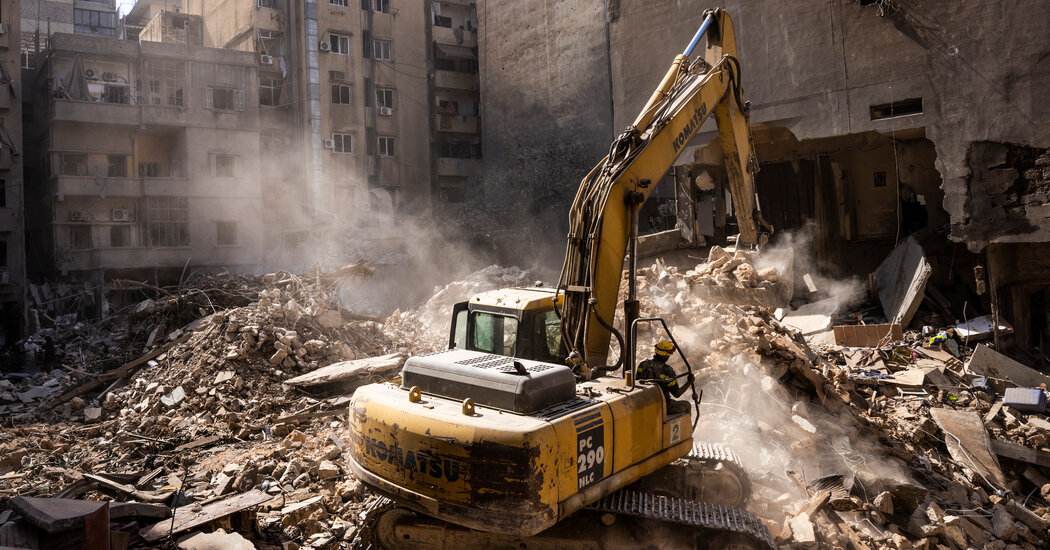

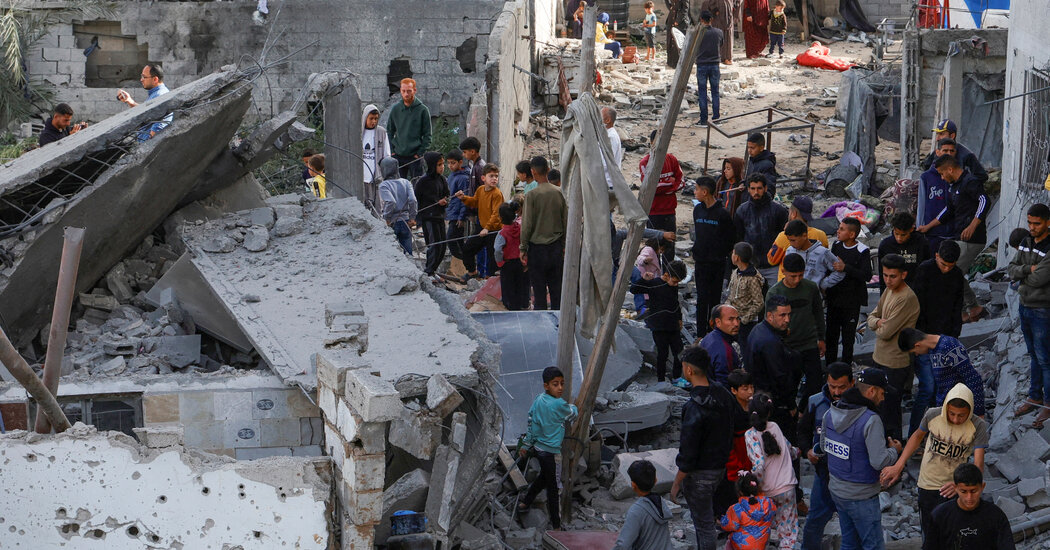
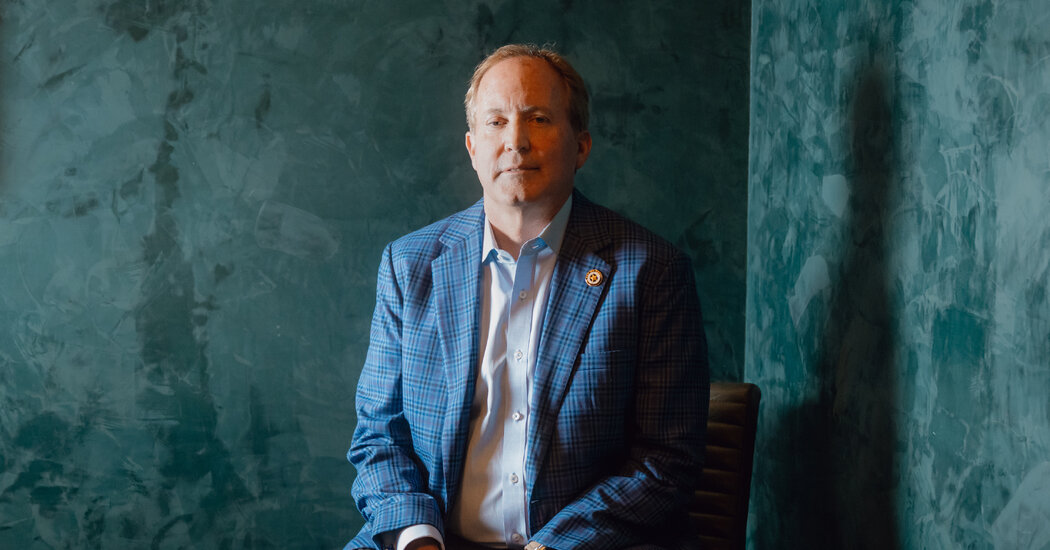
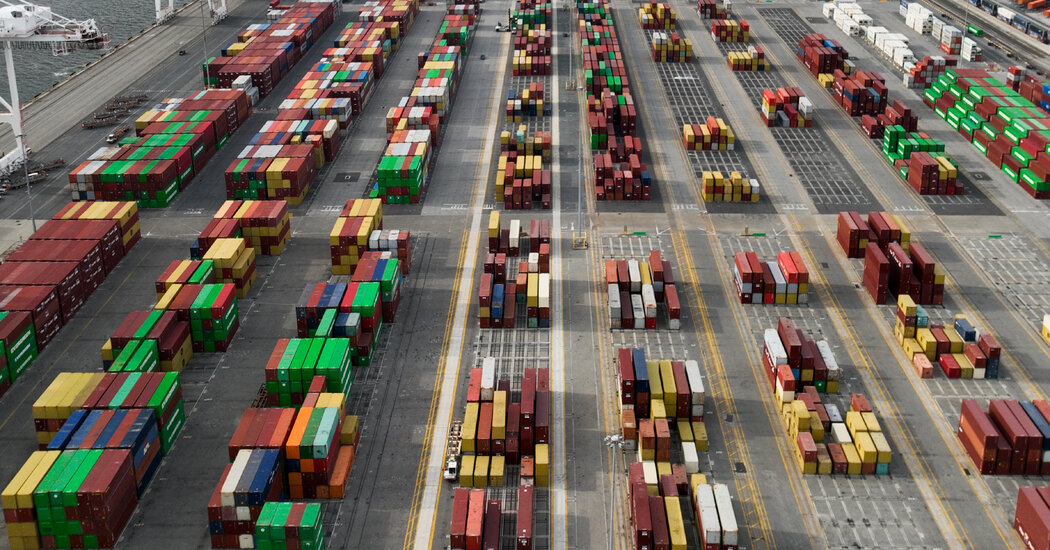





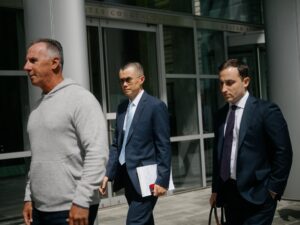




Post Comment